
Building a successful AI team requires more than just finding developers who understand machine learning concepts. The current AI job market shows remarkable growth, with monthly AI-related job postings reaching about 16,000 in October 2024. However, not all AI developers possess the complete skill set needed for real-world applications. When you hire AI developers, you need professionals who combine technical expertise with practical problem-solving abilities.
The demand for AI talent has created a competitive landscape where job openings grew 80% for AI scientists and 70% for machine learning engineers in recent years. This surge means companies must be strategic about identifying candidates with the right combination of skills. Understanding what separates exceptional AI developers from average ones can make the difference between project success and expensive failures.
1. Advanced Programming Proficiency
Strong programming skills form the foundation of effective AI development. Python programming expertise is particularly essential for AI roles, as it remains the dominant language for machine learning and artificial intelligence projects. However, exceptional AI developers demonstrate proficiency across multiple programming languages and understand when to use each one.
The best AI developers write clean, efficient code that can handle large datasets and complex algorithms. They understand object-oriented programming principles, functional programming concepts, and how to optimize code for performance. This technical foundation enables them to translate theoretical AI concepts into working applications.
Multi-Language Expertise and Framework Knowledge
Beyond Python, top AI developers often possess skills in R for statistical computing, Java for enterprise applications, and C++ for performance-critical components. They work comfortably with popular frameworks like TensorFlow, PyTorch, and Scikit-learn, understanding the strengths and limitations of each platform.
Framework knowledge goes beyond basic usage to include understanding how to customize models, optimize performance, and debug complex issues. This deeper expertise allows developers to push beyond standard implementations and create innovative solutions tailored to specific business requirements.
2. Mathematical and Statistical Foundation
AI development requires solid mathematical understanding, particularly in areas like linear algebra, calculus, and statistics. Exceptional candidates can explain complex mathematical concepts in simple terms and understand how mathematical principles apply to real-world AI problems. This foundation enables them to select appropriate algorithms and fine-tune model parameters effectively.
Statistical knowledge becomes crucial when working with data preprocessing, feature selection, and model evaluation. Strong candidates understand probability distributions, hypothesis testing, and statistical significance, allowing them to make informed decisions about model validity and performance metrics.
Data Analysis and Interpretation Skills
Mathematical expertise extends to practical data analysis capabilities. Top AI developers can identify patterns in datasets, recognize data quality issues, and determine appropriate preprocessing techniques. They understand how to handle missing data, outliers, and imbalanced datasets that commonly occur in production environments.
These professionals also grasp the importance of statistical validation and can design proper testing frameworks to ensure model reliability. They know how to interpret results, identify potential biases, and communicate findings to non-technical stakeholders effectively.
3. Machine Learning Algorithm Mastery
Understanding various machine learning algorithms and their appropriate applications separates skilled AI developers from beginners. Specialists with deep knowledge of specific AI aspects are more valuable than generalists in today's market. Top candidates understand supervised learning, unsupervised learning, and reinforcement learning approaches, knowing when to apply each methodology.
Exceptional developers can explain the trade-offs between different algorithms, including computational complexity, interpretability, and performance characteristics. They understand how to select appropriate algorithms based on data characteristics, business requirements, and computational constraints.
Deep Learning and Neural Network Expertise
Modern AI development increasingly relies on deep learning techniques. Specializing in neural networks and understanding libraries like TensorFlow or PyTorch has become essential for many AI roles. Strong candidates understand different neural network architectures, including convolutional neural networks, recurrent neural networks, and transformer models.
Deep learning expertise includes knowledge of training techniques, regularization methods, and optimization algorithms. The best developers understand how to design custom architectures for specific problems and can troubleshoot training issues like vanishing gradients or overfitting.
4. Data Engineering and Management Skills
AI projects depend heavily on data quality and accessibility. When you hire AI developers, look for candidates who understand data pipeline development, data warehousing concepts, and database management. They should be comfortable working with both structured and unstructured data sources, including APIs, databases, and file systems.
Strong data engineering skills include understanding ETL processes, data validation techniques, and data governance principles. These developers can design scalable data pipelines that ensure consistent, high-quality data flows to AI models in production environments.
Cloud Platform and Infrastructure Knowledge
Modern AI development occurs primarily in cloud environments. Top candidates understand major cloud platforms like AWS, Google Cloud, and Microsoft Azure, including their AI-specific services and tools. They can design and deploy scalable AI solutions that take advantage of cloud computing resources.
Infrastructure knowledge extends to understanding containerization technologies like Docker and Kubernetes, which are essential for deploying AI models at scale. The best developers understand how to optimize infrastructure costs while maintaining performance and reliability.
5. Software Engineering Best Practices
AI development requires strong software engineering fundamentals beyond just algorithm implementation. Exceptional candidates understand version control systems, testing methodologies, and code review processes. They write maintainable code that follows established patterns and can be easily understood by team members.
Software engineering skills include understanding design patterns, modular programming principles, and documentation practices. These developers create AI systems that integrate well with existing software architectures and can be maintained and updated over time.
DevOps and MLOps Integration
Modern AI development incorporates DevOps practices adapted for machine learning workflows. Knowledge of version control systems, database management, and Linux environments are seen as essential skills by employers. Strong candidates understand continuous integration and deployment practices specific to AI projects.
MLOps expertise includes understanding model versioning, automated testing for AI systems, and monitoring deployed models for performance degradation. These skills ensure that AI solutions remain reliable and effective in production environments.
6. Problem-Solving and Critical Thinking
AI development involves complex problem-solving that goes beyond implementing existing solutions. These roles require a combination of technical and non-technical skills, including strong analytical abilities. Top candidates demonstrate creative thinking and can approach problems from multiple angles to find innovative solutions.
Critical thinking skills enable developers to question assumptions, identify potential biases in data or models, and evaluate the ethical implications of AI solutions. They understand the limitations of AI technologies and can communicate these limitations to stakeholders effectively.
Research and Continuous Learning Mindset
The AI field evolves rapidly, making continuous learning essential for long-term success. Exceptional developers stay current with research publications, attend conferences, and experiment with new technologies. They understand that AI development requires ongoing education and adaptation to new methodologies.
Strong candidates demonstrate curiosity about emerging technologies and can quickly adapt to new tools and frameworks. They contribute to open-source projects, participate in AI communities, and share knowledge with team members and the broader industry.
7. Communication and Collaboration Skills
AI developers must communicate complex technical concepts to diverse audiences, including business stakeholders, product managers, and non-technical team members. Communication skills are essential for these technical roles, as AI projects often require cross-functional collaboration to succeed.
Effective communication includes the ability to explain AI capabilities and limitations in business terms, present findings through visualizations and reports, and participate in technical discussions with peers. Strong candidates can translate between technical and business languages fluently.
Cross-Functional Team Integration
AI projects typically involve collaboration with data scientists, software engineers, product managers, and domain experts. Exceptional developers work effectively in cross-functional teams, understanding how their work fits into broader business objectives and technical architectures.
Team collaboration skills include understanding agile development methodologies, participating in code reviews, and contributing to technical documentation. These developers can mentor junior team members and share knowledge effectively across the organization.
8. Domain Knowledge and Business Acumen
Understanding the specific industry or domain where AI will be applied significantly enhances developer effectiveness. Strong candidates demonstrate curiosity about business problems and can identify opportunities where AI can provide value. They understand how to align technical solutions with business objectives and user needs.
Business acumen includes understanding project constraints, budget considerations, and timeline requirements. Exceptional developers can make technical decisions that balance innovation with practical business considerations, ensuring that AI solutions deliver measurable value.
Industry-Specific Expertise
Different industries have unique requirements, regulations, and challenges that affect AI implementation. Candidates with relevant domain knowledge can navigate these complexities more effectively and design solutions that meet industry standards and regulatory requirements.
Industry expertise also includes understanding common use cases, typical data challenges, and established best practices within specific sectors. This knowledge enables developers to leverage existing solutions and avoid common pitfalls.
9. Ethical AI and Responsible Development
As AI systems become more prevalent, understanding ethical considerations and responsible development practices becomes crucial. Top candidates understand concepts like algorithmic bias, fairness, transparency, and accountability in AI systems. They can identify potential ethical issues and implement measures to address them.
Responsible AI development includes understanding privacy regulations, data security requirements, and the societal impact of AI solutions. Strong candidates can design systems that respect user privacy and promote fairness across different demographic groups.
Regulatory Compliance and Risk Management
AI development increasingly involves regulatory compliance, particularly in industries like healthcare, finance, and automotive. Exceptional developers understand relevant regulations and can design solutions that meet compliance requirements while maintaining functionality.
Risk management skills include understanding how to assess and mitigate potential risks associated with AI systems, including security vulnerabilities, performance degradation, and unintended consequences. These developers can implement monitoring and governance frameworks to ensure ongoing compliance.
10. Innovation and Creative Problem-Solving
The most valuable AI developers combine technical expertise with creative thinking to solve complex problems in novel ways. They can identify unconventional approaches to challenging problems and are willing to experiment with new techniques and technologies.
Innovation skills include understanding how to prototype quickly, test hypotheses efficiently, and iterate based on feedback. Strong candidates can balance creativity with practical constraints, ensuring that innovative solutions remain viable and implementable.
Emerging Technology Awareness
The AI field continues to evolve rapidly, with new technologies and methodologies emerging regularly. Exceptional developers stay informed about cutting-edge developments and can evaluate their potential applications to current projects.
Technology awareness includes understanding trends in AI research, following developments in related fields, and participating in the broader AI community. These developers can anticipate future needs and prepare their organizations for technological changes.
Making the Right Hiring Decision
When you hire AI developers, success depends on finding candidates who combine technical expertise with practical problem-solving abilities and strong collaboration skills. AI engineer salaries have increased significantly, reaching $300,600 by March 2024, reflecting the high demand for qualified professionals. This investment requires careful evaluation to ensure you select candidates who can deliver results.
The most effective approach involves assessing candidates across multiple dimensions, including technical skills, problem-solving abilities, communication effectiveness, and cultural fit. Look for developers who demonstrate continuous learning, ethical awareness, and the ability to translate business requirements into technical solutions.
Building a strong AI team requires patience and strategic thinking. Focus on candidates who show potential for growth and can contribute to long-term organizational success. The right AI developers will not only implement current projects successfully but also help your organization adapt to future technological changes and opportunities in the evolving AI landscape.





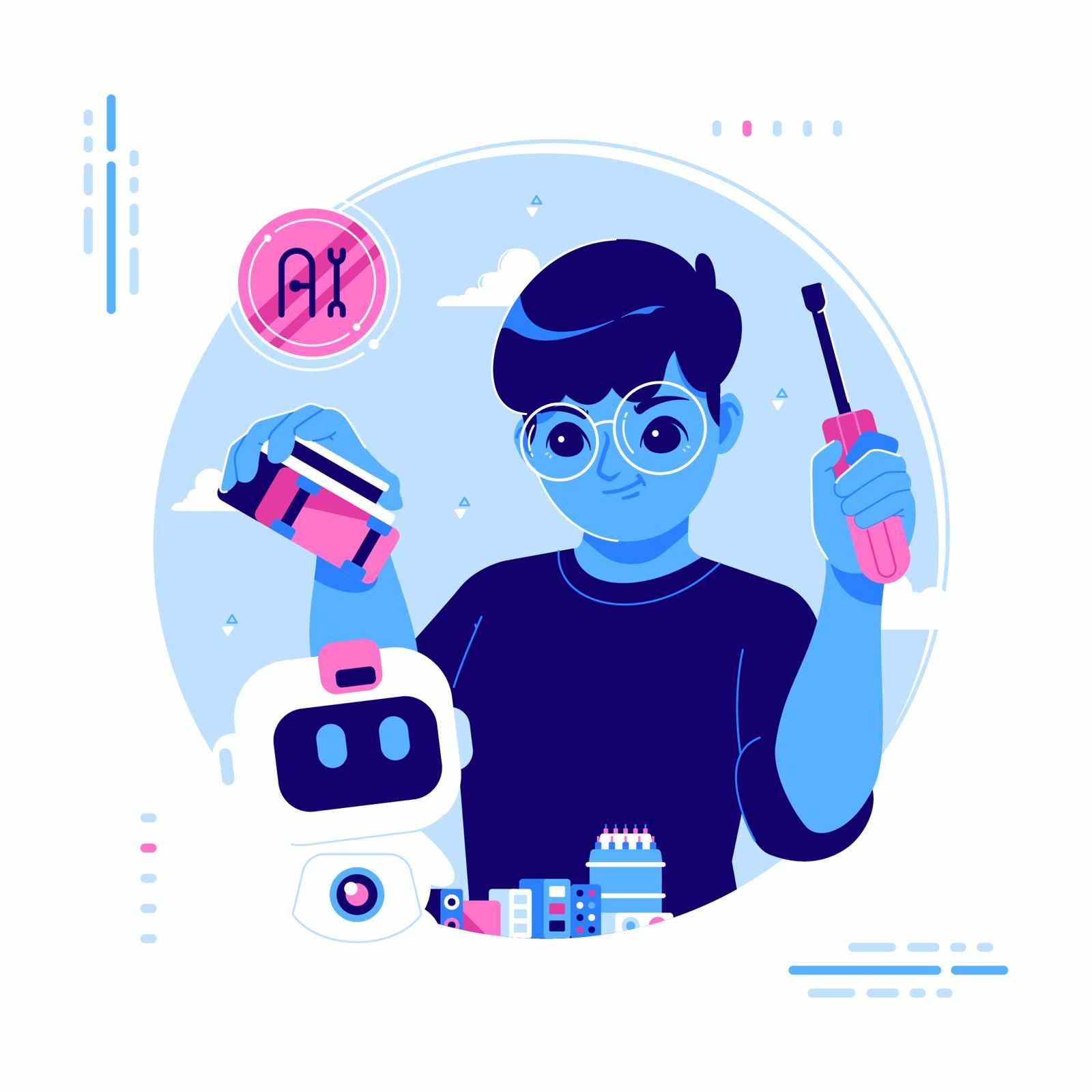
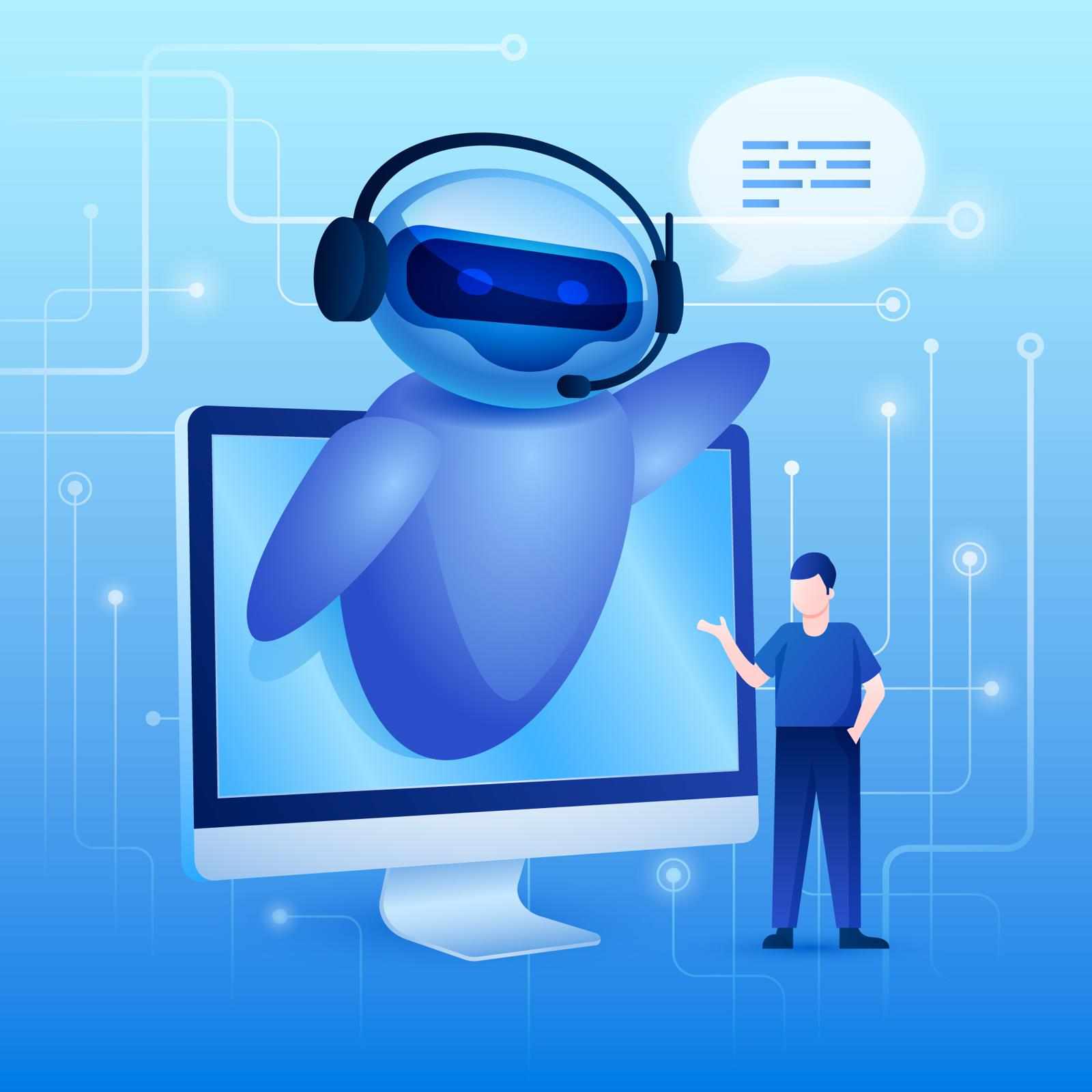


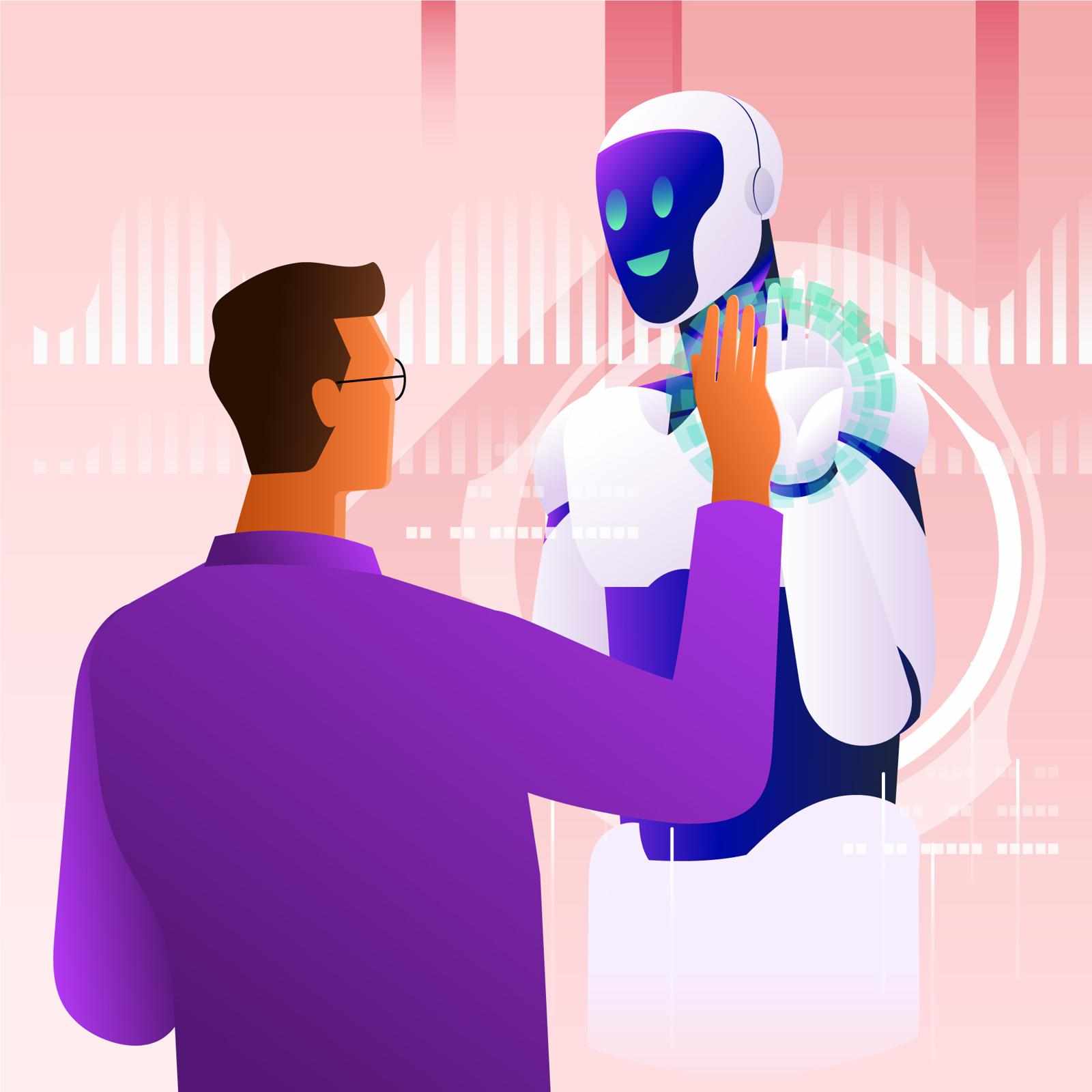



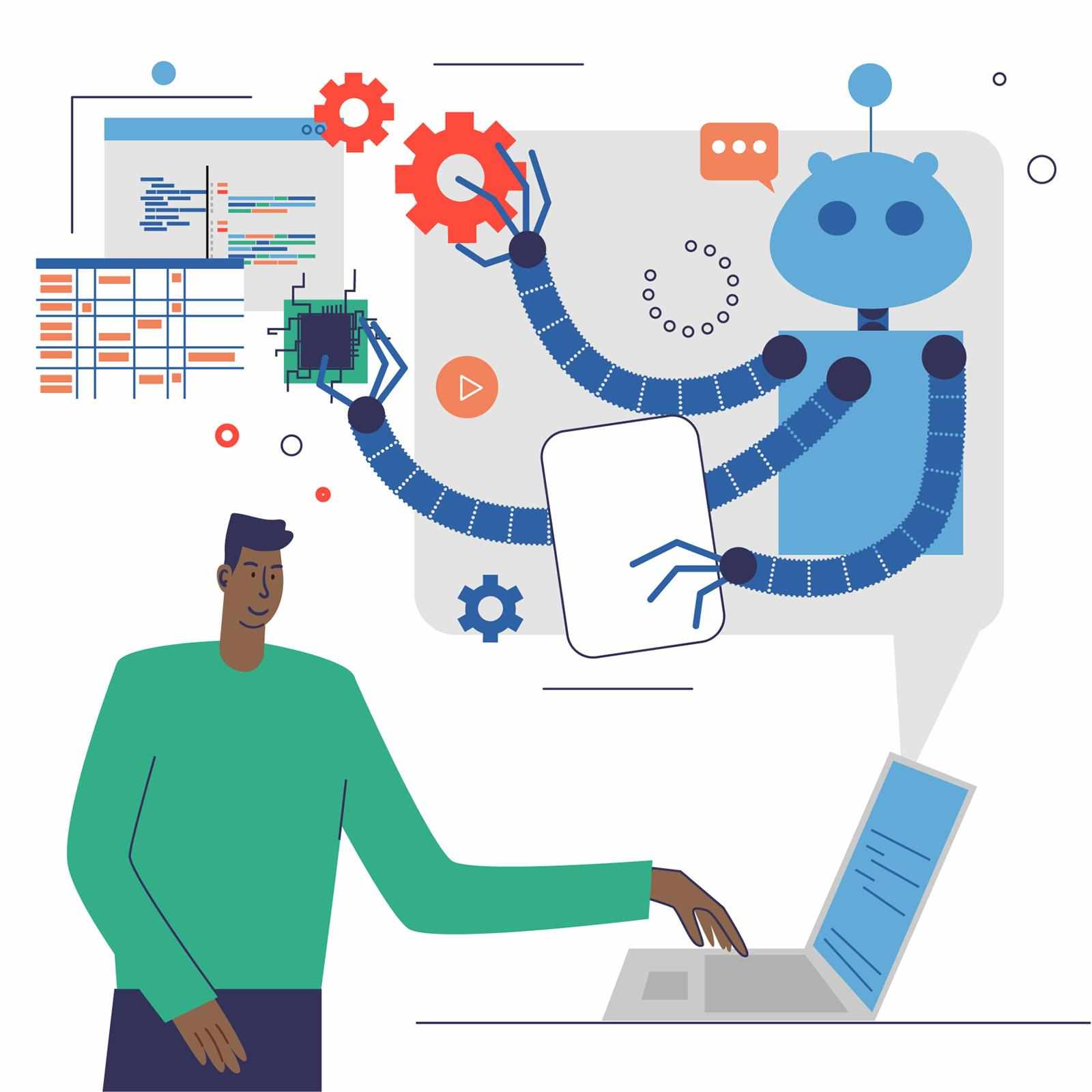
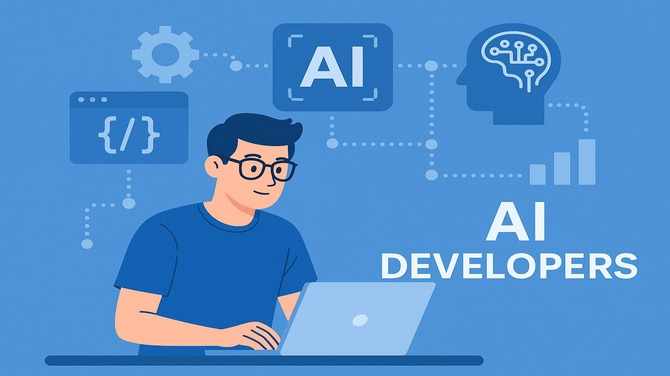

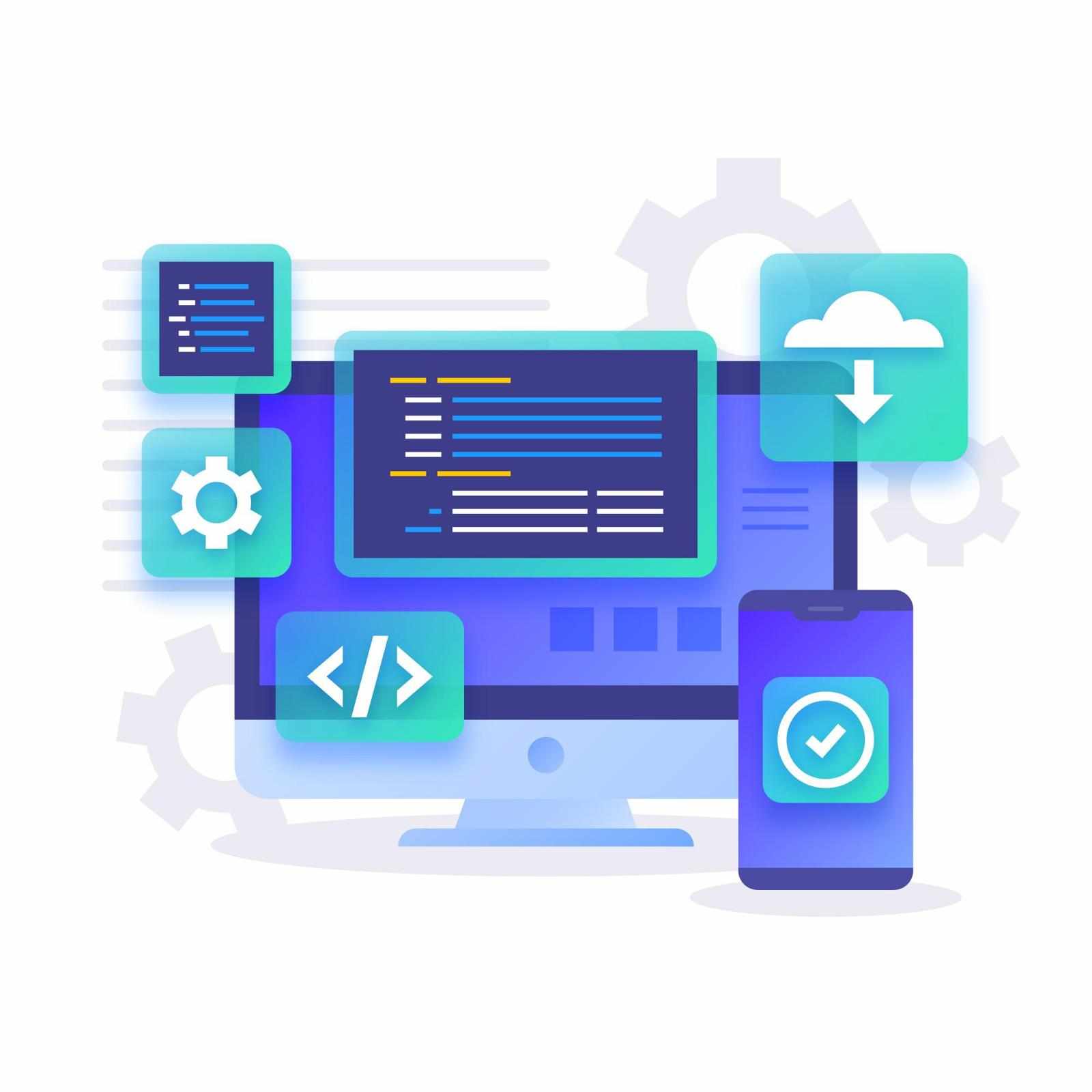
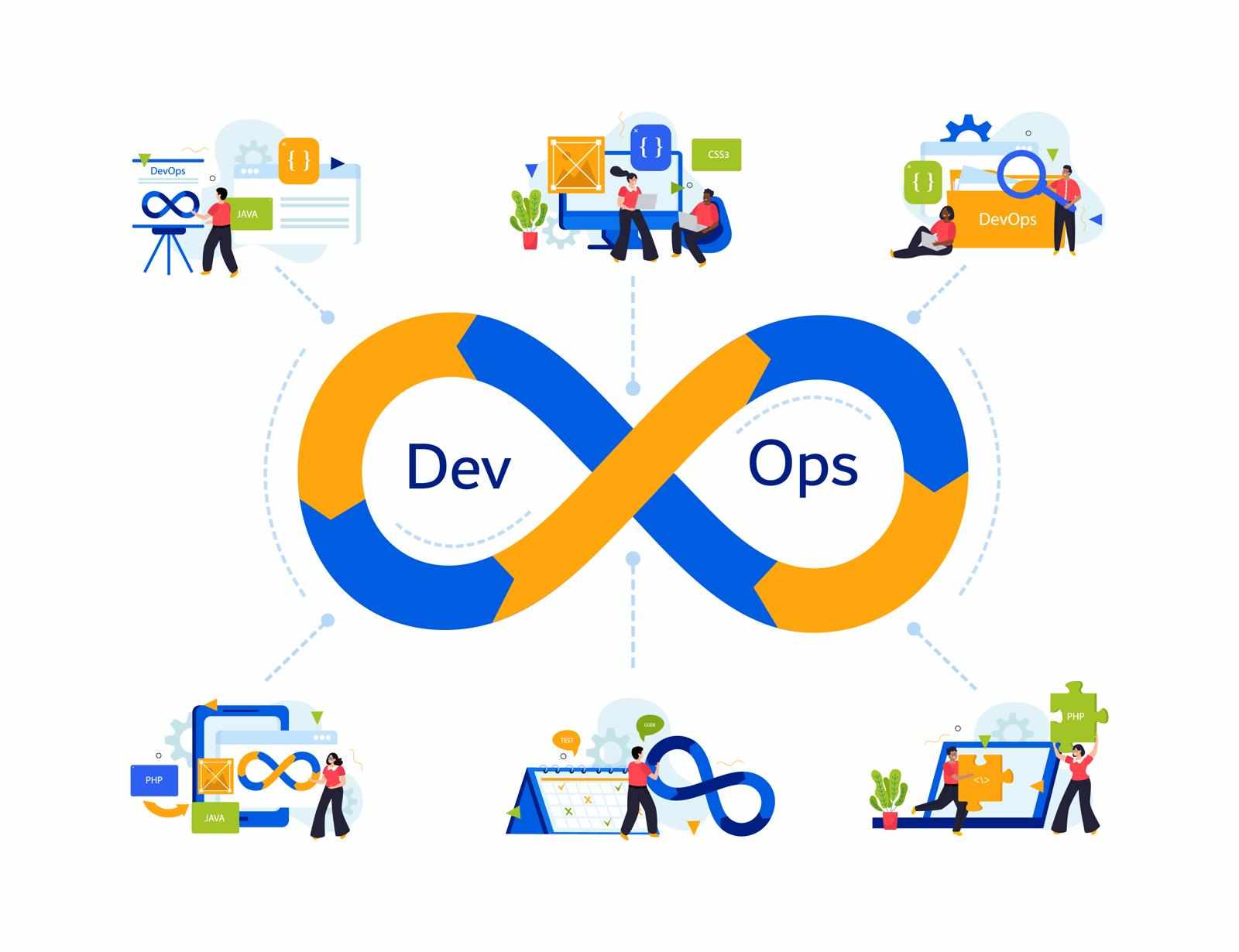



Write a comment ...